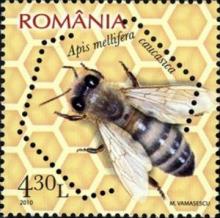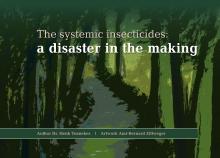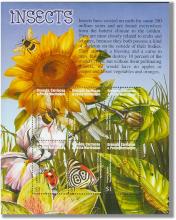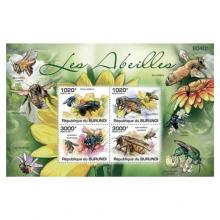Corporate lobbying in the EU to prove that Cruiser was not behind bee colony collapse
Influencing policy in the European Union without the need to become an elected politician is the hallmark of a good lobbyist. Brussels is known to be rife with industry specialists, or ‘public affairs professionals’, seeking to water down legislative proposals which might harm business interests. Farmers make up a strong lobby and wherever there are farmers there are corporations, producers of agri-chemicals, biotechnology and so forth. After the collapse of a bee colony was linked to a widely used pesticide, the French government introduced a ban on its use. The French health and safety agency ANSES reacted strongly to the presence of a sub-lethal dose of a molecule which appeared to confuse bees and disrupt the hive. Swiss corporation Syngenta was given two weeks to prove that the neonicotinoid pesticide Cruiser was not behind the bee colony collapse. The corporation denied that its pesticides had anything to do with it. The presence of certain Members of the European Parliament at corporate lobbying events has not gone unnoticed.










